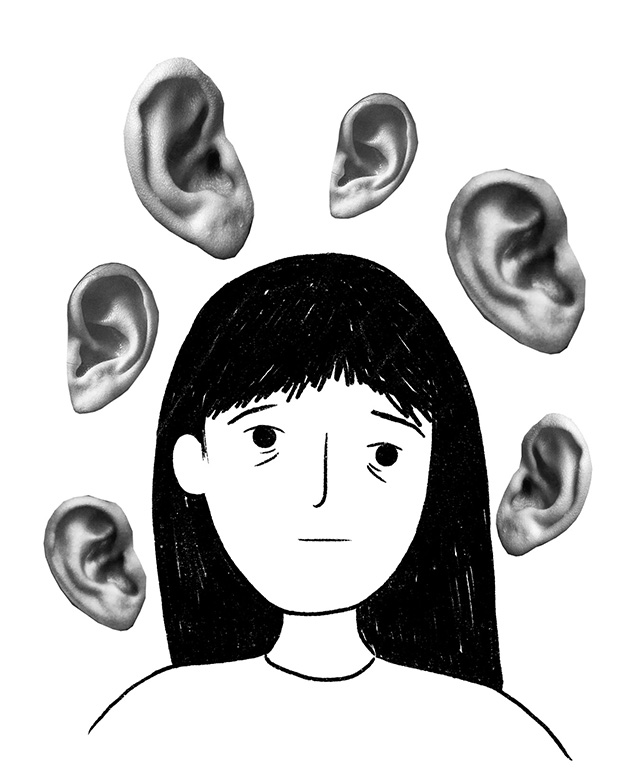UT-Austin alums discuss rise in anti-Asian hate crimes
March 28, 2021
Trigger Warning: This story contains discussion of anti-Asian racism and violence.
UT Chinese international students and alums gathered virtually Saturday night to discuss Asian hate in the United States and their personal experiences with Asian hate amid the aftermath of the shooting on March 16 in Atlanta, Georgia, that took the lives of eight people.
Anti-Asian hate crimes in 16 of America’s largest cities have risen 149% in 2020, according to a study conducted by the Center for the Study of Hate & Extremism at California State University, San Bernardino. This increase can be attributed to stereotypes made against Asian people in the past year due to the COVID-19 pandemic and former President Donald Trump’s remarks against the Asian community. In the past year, Asian individuals have been assaulted and Asian-owned businesses have been vandalized.
In Atlanta, six of the eight people killed in the shooting were women of Asian descent. The gunman targeted three massage parlors: Young’s Asian Massage, Gold Spa and Aromatherapy Spa. Following the shooting, Congress held a hearing on anti-Asian discrimination, and President Joe Biden spoke out condeming attacks on Asian-Americans.
“Over the past year, over the pandemic, there (has been) a rise in anti-Asian attacks,” UT alumnus William Zhang said. “And yes, about this specific shooting you can rule out that it might not be hate-driven, but it’s not the cause, it’s a symptom. Right now in (the) U.S., the hate toward Asians is now at (an) all-time high.”
The group met through an app called Korra created by Zhang and his co-founder Wenyuan Wu. Zhang said Korra’s purpose is to facilitate more conversations on college campuses, and it is currently available to UT, Texas A&M University, University of Houston and Rice University.
The group discussed the shooting in Atlanta and debated whether it was a racially motivated hate crime. Zhang said the shooting did not seem to be random.
“Although the media claimed it, it is not confirmed this was an Asian hate crime,” Zhang said during the discussion. “But you have six (out of) eight people being Asians at a place in Atlanta that’s not (a) very Asian population … for someone to pick a massage parlor and murder Asians. Isn’t it an obvious indication that this is likely an Asian hate crime?”
Alumnus Wenyuan Wu said everyone should wait for an investigation, as the police aren’t sure if the event was racially motivated. Alumnus Ron Zhang said even if the shooting was not racially motivated, it does not eliminate the fact that the U.S. is ridden with Asian hate.
The group also talked about their experience with racial discrimination. Alumna Xiaoxi Xu said a white couple once told her to “go back to China” while she was at a movie theater.
“Those series of events have caused me to become more and more socially anxious, and now I (choose) to stay home as much as I can,” Xu said.
Alumnus Yaoyang Liu said he has experienced discrimination virtually while playing video games.
“When I’m online in a virtual world, people say a lot of things,” Liu said. “‘Chinese virus,’ ‘trash,’ etc. I remember I was in a voice chat and someone came up with, ‘Sorry I don’t speak chopsticks.’”
The group then discussed whether protests would be effective to stop Asian hate. Wu said he does not believe protests work, while William Zhang said he believes protests are effective, although the effects of protests are often incremental.
“Protests (are) a start,” William Zhang said. “It means we Asians will stand up and no longer be silent.”



